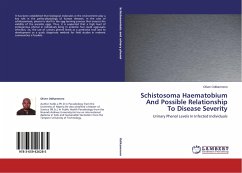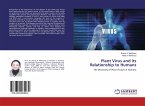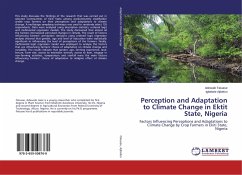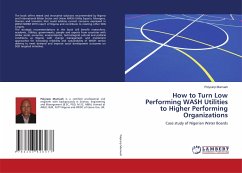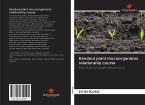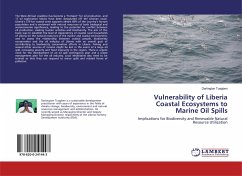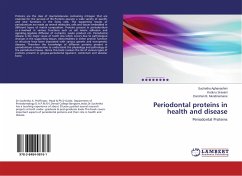It has been established that biological molecules in the environment play a key role in the patho-physiology of human diseases. In the case of schistosomiasis, phenol is vital for the egg-tanning process that ensures the viability of the parasite eggs. Thus, it is suspected that a high level of endogenous phenol in individuals living in endemic foci could aggravate infection, So, the use of urinary phenol levels as a predictive tool and its development as a quick diagnostic method for field studies in endemic communities is feasible.
Bitte wählen Sie Ihr Anliegen aus.
Rechnungen
Retourenschein anfordern
Bestellstatus
Storno

